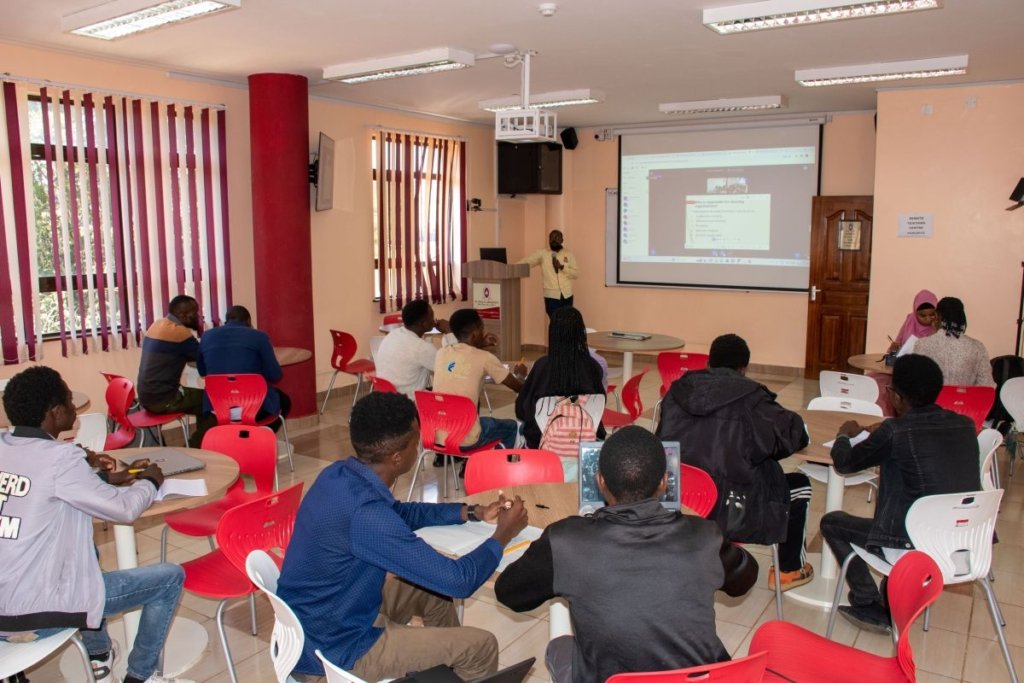Kenya’s real estate market is booming. With rapid urbanization, a growing middle class, and increasing demand for residential and commercial properties, there’s never been a better time to get into real estate in Kenya.
Whether you’re looking to invest, start a career as an agent, or build your own property portfolio, this guide will walk you through everything you need to know.
Step-by-Step Guide to Getting Into Real Estate in Kenya
Step 1: Educate Yourself About the Market
Before investing any money, understand the dynamics of Kenya’s real estate sector. Research current trends, price ranges, popular locations, and future development plans.
Use platforms like BuyKenya, Jumia House and Soko to browse listings and compare prices. Read reports from KNBS and the Ministry of Lands to stay informed about legal changes and market conditions.

Knowledge of the local market is essential before making any real estate move.
Step 2: Decide on Your Real Estate Path
Real estate offers multiple entry points. Choose the one that aligns with your goals:
- As an Investor: Buy property to rent out or sell at a profit.
- As a Developer: Purchase land and develop it for sale or lease.
- As a Real Estate Agent: Help clients buy, sell, or rent properties.
- As a Broker: Manage a real estate business and supervise agents.
- As a Property Manager: Handle rental properties for owners.
Each path requires different skills, capital, and licensing.

Choosing the right real estate role helps focus your efforts and training.
Step 3: Get the Right Education and Training
To operate professionally—especially as an agent or broker—you’ll need formal training. Enroll in a recognized institution such as:
- University of Nairobi – School of the Built Environment
- Jomo Kenyatta University of Agriculture & Technology- JKUAT
- Kenya Institute of Estate Agents- KIEA
- Zetech University
These institutions offer certificate, diploma, and degree programs tailored to the Kenyan real estate industry.

Formal education builds credibility and prepares you for a professional real estate career.
Step 4: Obtain a Real Estate License
After completing your training, apply for a license through the Ministry of Lands and Physical Planning. The main types of licenses include:
- Sales Agent License
- Broker License
- Developer License
You can apply online via eCitizen or visit a local lands office. Make sure all documents are certified and fees paid.

A valid license ensures legal compliance and builds client trust.
Step 5: Build a Strong Network
Networking is crucial in real estate. Attend property expos, join real estate associations like KIEA or KPDA, and connect with experienced professionals.
Mentorship and partnerships can open doors to new opportunities, whether in sales, investment, or development.

Building relationships is key to long-term success in the real estate industry.
Step 6: Start Small and Grow Gradually
If you’re investing, begin with smaller properties in emerging areas. Look for undervalued land or apartments in satellite towns like Ruiru, Thika, or Naivasha.
As you gain experience and capital, expand into larger developments or commercial properties.

Starting small allows for learning and steady growth in real estate.
Step 7: Use Digital Marketing to Promote Your Business
Today, visibility equals opportunity. Use digital tools to grow your brand:
- Create a professional website or social media page
- List properties on platforms like BuyKenya and Jumia House
- Use Google My Business and SEO to attract local clients
- Share property videos on YouTube or TikTok
Digital marketing helps you reach more buyers and renters quickly.

Digital tools help real estate professionals reach a wider audience.
Final Thoughts: Getting Started in Real Estate in Kenya
Getting into real estate in Kenya is both exciting and rewarding—if done right. Whether you’re investing, selling, or developing property, the industry offers strong potential for growth and income.
By educating yourself, getting licensed, building your network, and leveraging technology, you can establish a successful presence in one of Africa’s fastest-growing real estate markets.
